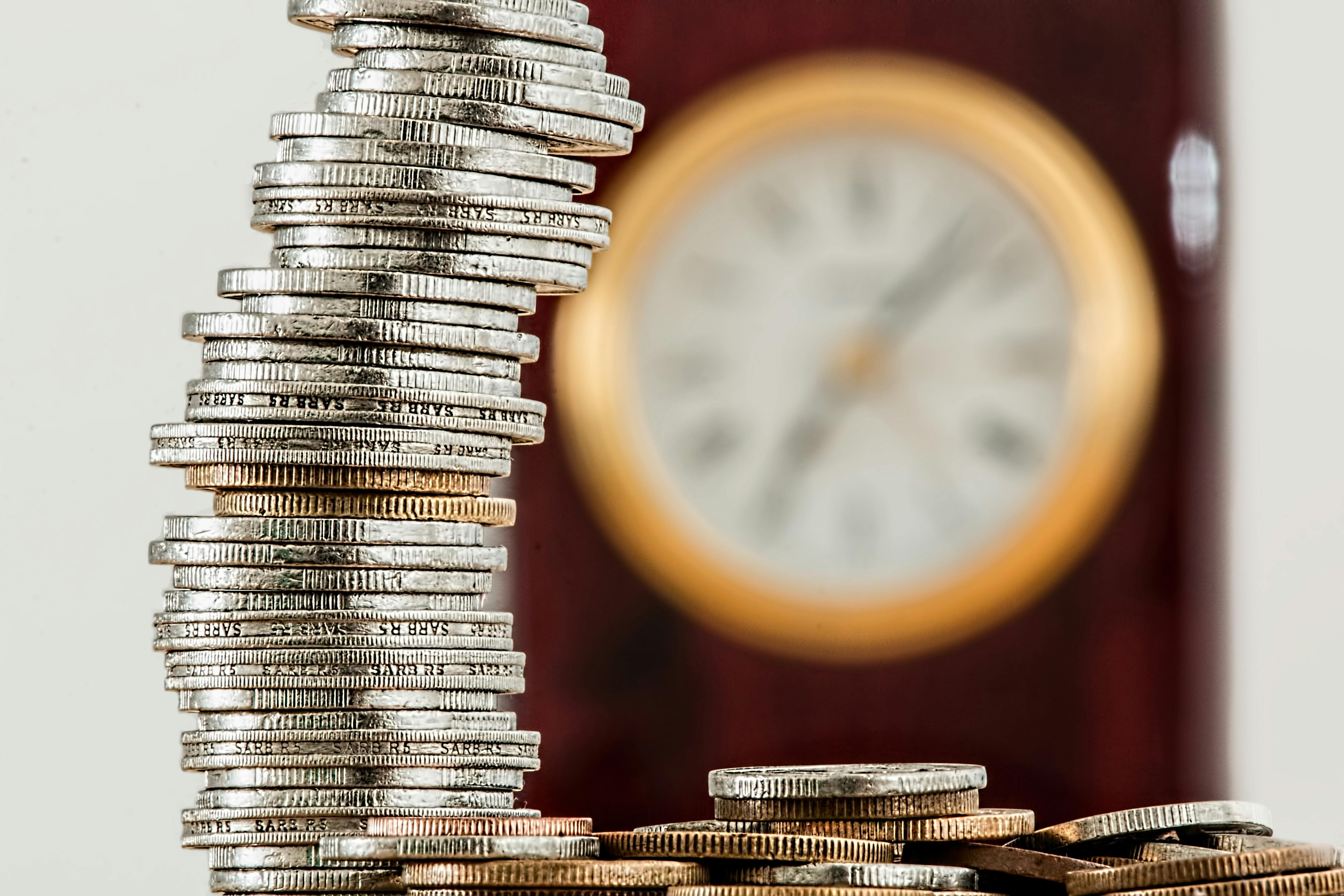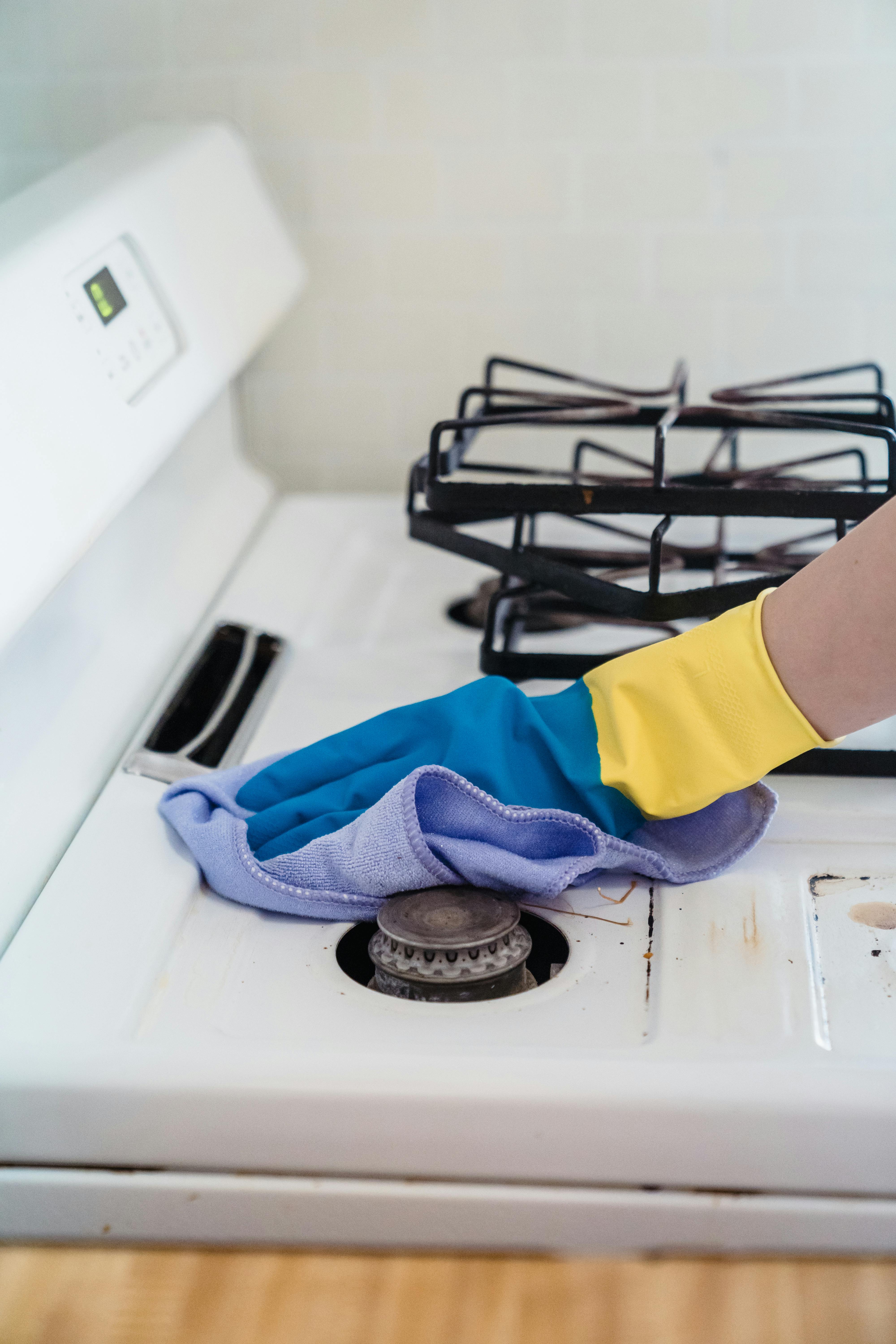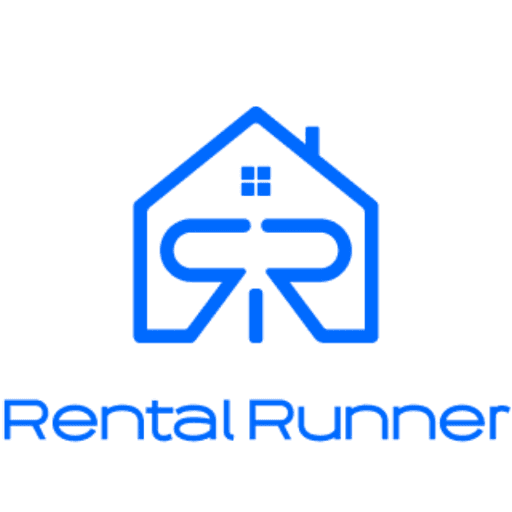How to Price Your Cleaning Services: A Simple Guide to Getting Paid What You're Worth

12/11/2024
5min read
Running a cleaning business isn't just about keeping homes spotless – it's about making sure your hard work pays off. Many cleaning business owners struggle with pricing, often charging too little and burning themselves out. Let's break down exactly how you can set prices that are fair to both you and your clients.
Start With Your Basic Costs
Before you can set your prices, you need to know your costs. Think about everything you spend money on for your business. This includes cleaning supplies, equipment, gas for your vehicle, insurance, and any other expenses. Don't forget about the hidden costs like wear and tear on your equipment or the time you spend driving between jobs.
For example, if you spend $200 monthly on supplies, $150 on gas, and $100 on insurance, that's $450 you need to cover before making any profit. Breaking this down per job helps you understand your minimum price point.
Know Your Market Value
Take some time to research what other cleaning services in your area are charging. But don't just copy their prices – understand what they offer. Are they providing basic cleaning or detailed services? What's their experience level? If you're offering higher quality service or have more experience, you can and should charge more.
Many cleaners make the mistake of charging what they think clients want to pay rather than what their time is worth. Think about it this way: if you want to make $50,000 a year and work 40 hours a week, you need to charge more than just $24 per hour. You need to factor in unpaid time like travel, admin work, and canceled appointments.
A better approach is to aim for $35-50 per hour for basic cleaning services, depending on your location and experience. This might sound high if you're currently charging less, but remember – you're running a business, not doing favors.
Creating Your Pricing Structure
Instead of charging by the hour, consider charging by the job. Clients often prefer this as they know exactly what they'll pay. Here's a simple formula: Time estimate × Your hourly rate + Supply costs + Travel costs = Base price
For a 2,000 square foot home that takes 3 hours to clean, charging $40 per hour, plus $20 in supplies and $10 for travel, your price would be: (3 × $40) + $20 + $10 = $150
Adding Premium Services
Don't be afraid to charge more for additional services like:
Deep cleaning (add 50% to your regular rate)
Window cleaning
Oven cleaning
Refrigerator cleaning
Move-in/move-out cleaning
These services require extra time and effort, and clients expect to pay more for them.
Communicating Your Prices
When discussing prices with clients, be confident. Explain what's included in your service and why it's worth the investment. Focus on the value you provide – a professionally cleaned home, more free time for them, and the peace of mind knowing their home is properly cared for.
Be cautious of clients who immediately try to negotiate your prices down. Good clients who value quality service understand that proper cleaning takes time and expertise. It's better to have fewer clients who pay your full rate than many who underpay.
As you gain experience and your costs increase, you'll need to raise your prices. Give clients at least 30 days' notice and explain that the increase helps you maintain high-quality service. Most clients will understand, and those who don't might not be the right fit for your business anymore.
Remember, you're running a professional business, not a hobby. Charging proper rates isn't just about making money – it's about building a sustainable business that allows you to provide excellent service while making a good living. Don't be afraid to charge what you're worth. Quality clients will appreciate your professionalism and be happy to pay for great service.
What other pricing challenges are you facing in your cleaning business? Download our free pricing guide!










